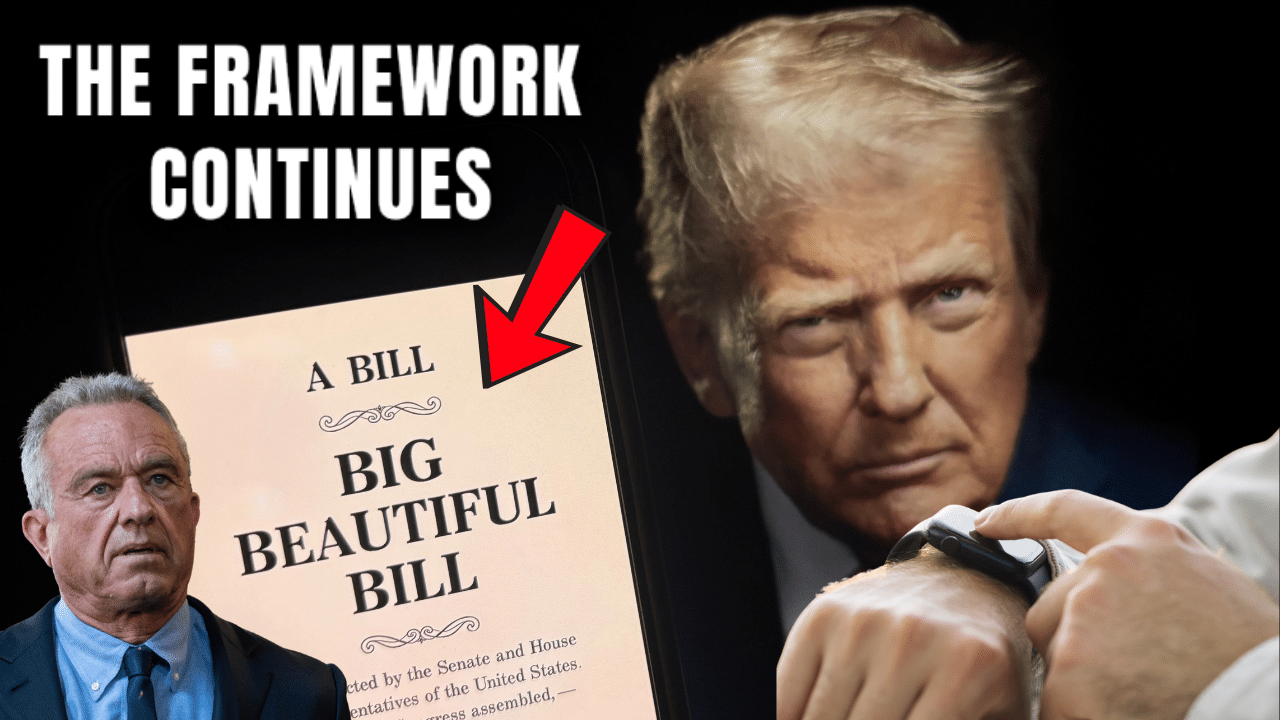President Donald Trump has signaled his intention to impose significant tariffs on foreign pharmaceuticals, a move that could reshape the U.S. drug market and impact global supply chains.
As of April 8, 2025, Trump’s remarks have sparked widespread discussion across news outlets, with analysts and industry stakeholders weighing the potential consequences of such a policy.
According to USA TODAY, Trump declared that a “major tariff” on foreign pharmaceuticals is “coming soon,” emphasizing his goal to bolster domestic drug manufacturing.
The statement, reported on April 8, 2025, aligns with his broader economic agenda of reducing U.S. reliance on overseas production.
Trump’s focus on pharmaceuticals as a critical sector echoes his past rhetoric on trade protectionism, though specifics about the tariff’s scope and timeline remain vague.
The New York Times provided further insight into Trump’s confidence in the plan.
In an article dated April 8, 2025, Trump was quoted saying, “I know what the hell I’m doing,” adding that the announcement of a “major tariff on pharmaceuticals” would occur “very shortly.”
The outlet noted that Trump framed the policy as a means to incentivize companies to shift production back to the United States, particularly targeting firms currently operating in China and other countries.
Earlier hints of this policy surfaced in late March, as reported by outlets like NTD. On March 28, 2025, Trump, speaking aboard Air Force One, teased that tariffs on pharmaceuticals would begin “very soon” and would be implemented “at a level that you haven’t really seen before.”
This escalation in rhetoric has fueled speculation about the scale of the tariffs, with some industry observers suggesting they could disrupt the pricing and availability of imported drugs.
Trump’s statements have not been without ambiguity. A report from Newsweek, also covering his March 28 remarks, highlighted his refusal to clarify whether life-saving medications would be exempt from the tariffs.
This omission has raised concerns among healthcare advocates who fear that higher costs could trickle down to consumers, particularly for drugs not easily produced domestically.
The pharmaceutical industry has already shown signs of unease. Posts found on X indicate that pharma stocks began declining in anticipation of Trump’s tariff announcement as early as late March.
This market reaction underscores the potential economic ripple effects, especially for countries like India and China, which are major suppliers of generic drugs to the U.S.
Trump elaborated on his reasoning in a statement captured by multiple sources, including NTD, suggesting that the tariffs would force companies to relocate.
“When they hear that, they will leave China, they will leave other places because they have to—most of their product is sold here,” he said. This aligns with his long-standing narrative of using trade policies to pressure foreign manufacturers into prioritizing American markets and jobs.
However, the feasibility and impact of such tariffs remain under scrutiny. Critics, as noted in the New York Times, argue that increasing the cost of imported prescriptions could strain an already burdened healthcare system. Supporters, meanwhile, see it as a bold step toward self-sufficiency in a vital industry.
As of now, no official policy document or exact timeline has been released, leaving room for speculation.
Trump’s repeated assertion that the announcement is imminent—described as occurring in the “near future, not too distant future” in various reports—keeps the issue at the forefront of national discourse.
Whether this tariff will materialize and how it will balance economic nationalism with public health needs remains to be seen.










